Indian subcontinent with its tropical and monsoonal climate receives an average annual rainfall of 105cms, which is largest anywhere in the world for a country of a comparable size. This precipitation spread over the country along with melting of glacial snow of the Himalayas resulted in the formation of large perennial Himalayan rivers viz., the Indus, Ganges, Brahmaputra and other peninsular rivers viz., the Godavari, Krishna, Narmada, Tapti, Mahanadi, Cauveri originating from various mountain ranges and the Deccan plateau. These resulted in formation of 14 major rivers and several medium and minor rivers and innumerable streams which opens into the Bay of Bengal on the east coast and into the Arabian Sea on the west coast of India. The confluence regions of the rivers with the sea forms a complex zone of aquatic ecosystem i.e. estuaries. The area and extent of estuarine region of each river depends on the season, freshwater drainage through the river and geographical nature of the coastal region at that point. Along with the estuaries many large lagoons such as Chilka, Pulicat, Ashtamudi, Vembanad and several vast structures of backwaters on east and west coast of India, created mixed water (brackish water) habitat, spread over in an area of approximately 7000 sq. kms. The brackish water ecosystem comprising estuaries, lagoons, backwaters and mangrove forests is a complex and dynamic habitat since these areas are connected to sea and thereby fluctuation in salinity due to tidal effects, rainfall and floods etc. The brackish water areas has been recognised as the most productive ecosystem on our planet since these areas are rich in nutrients especially nitrogen and phosphates needed for plant and animal growth. The supply of these nutrients is continuously replenished by flow from rivers, seas and the adjacent land. The estuarine/brackish water areas are well recognised as nursery grounds, feeding grounds and as spawning areas for many fin fishes, several crustaceans of commercial importance and many other invertebrates. These areas are also famous for its quantitatively rich faunal resources though smaller in qualitative nature.
Records of the Zoological Survey of India: Bibliography of the Indian Estuaries, Lagoons and Backwaters
In stock
Free & Quick Delivery Worldwide
reviews
Bibliographic information
Title
Records of the Zoological Survey of India: Bibliography of the Indian Estuaries, Lagoons and Backwaters
Author
Edition
1st Ed.
Publisher
ISBN
8185874786
Length
218p., Figs.
Subjects

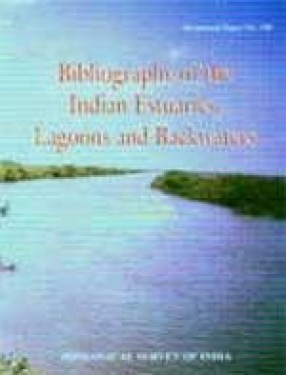
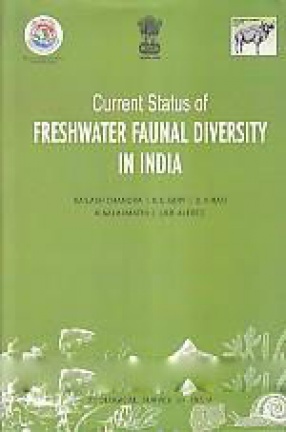
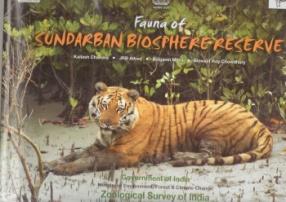
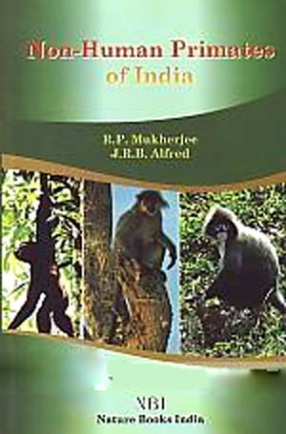

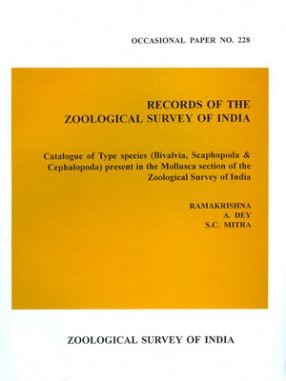
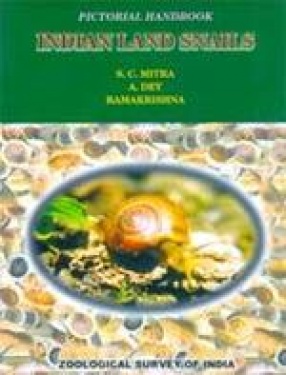


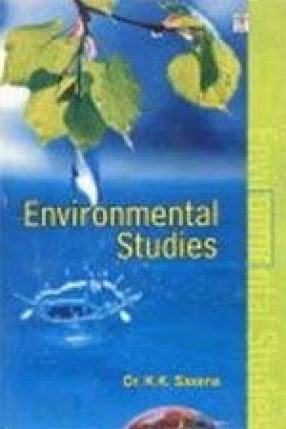
There are no reviews yet.